Horseshoe Crab Blood is Valuable
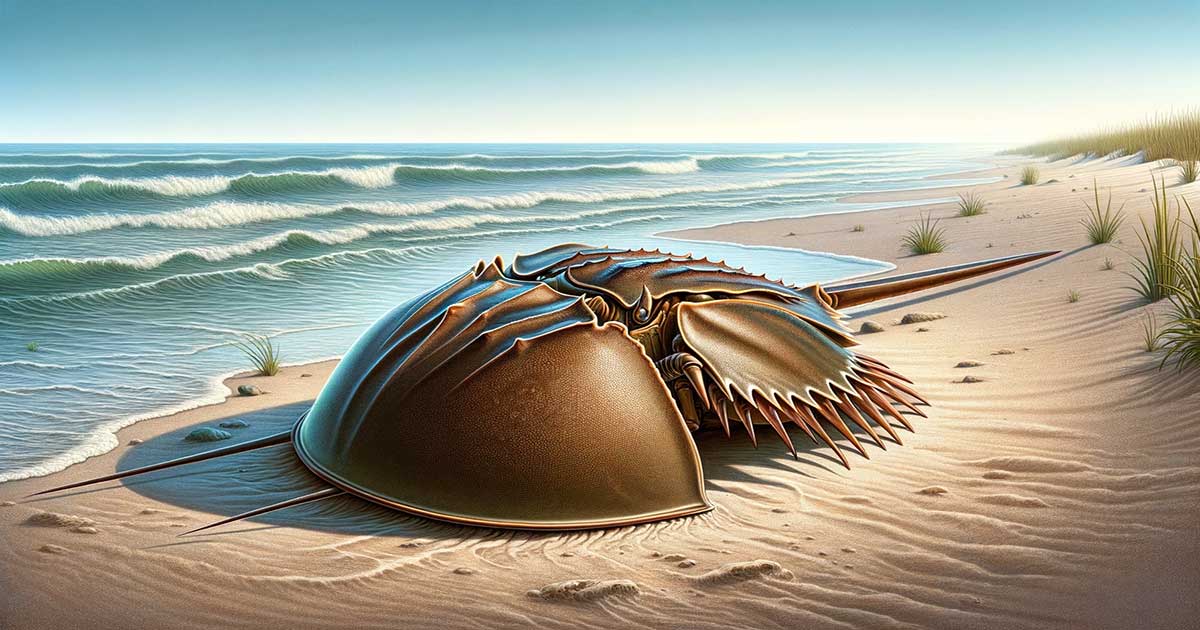
Horseshoe crab blood is highly valued, especially in the biomedical field. Its blue blood is essential in ensuring safe and sterile vaccines and medical equipment.
A broad category referring to the study of the physical universe including nature and biology.

Horseshoe crab blood is highly valued, especially in the biomedical field. Its blue blood is essential in ensuring safe and sterile vaccines and medical equipment.
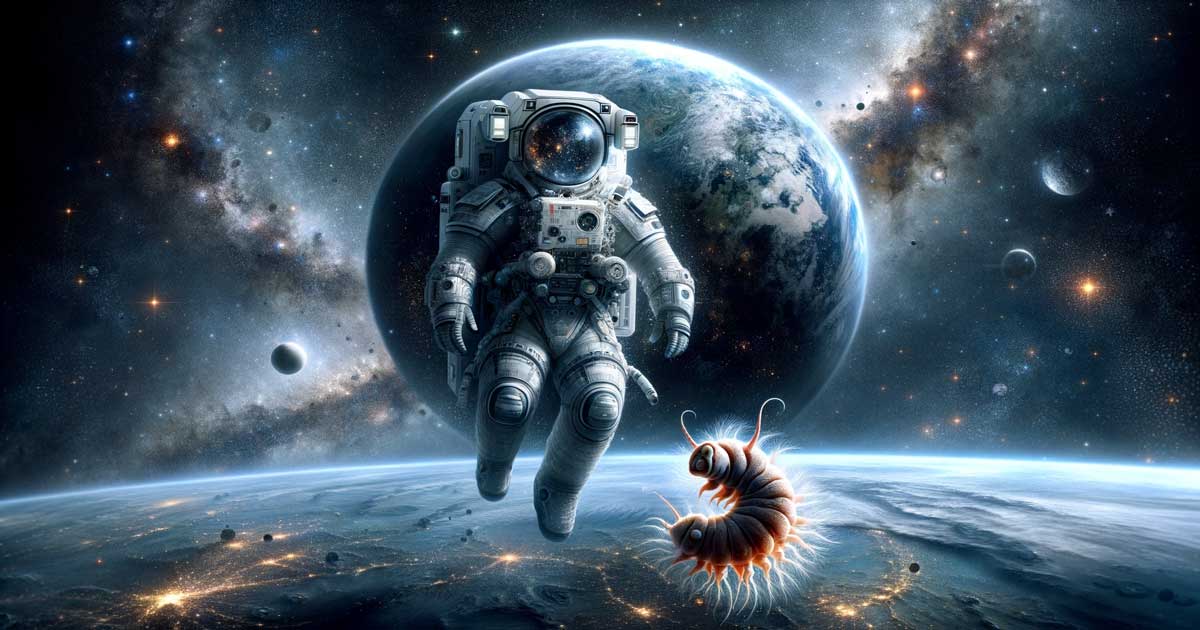
Contrary to popular belief, humans do not explode or freeze in the vacuum of space when not wearing a spacesuit. While exposure to such an environment without protection is extremely dangerous and would lead to death within minutes, the human body does not explode or freeze. It expands but skin is strong and would keep the body intact.
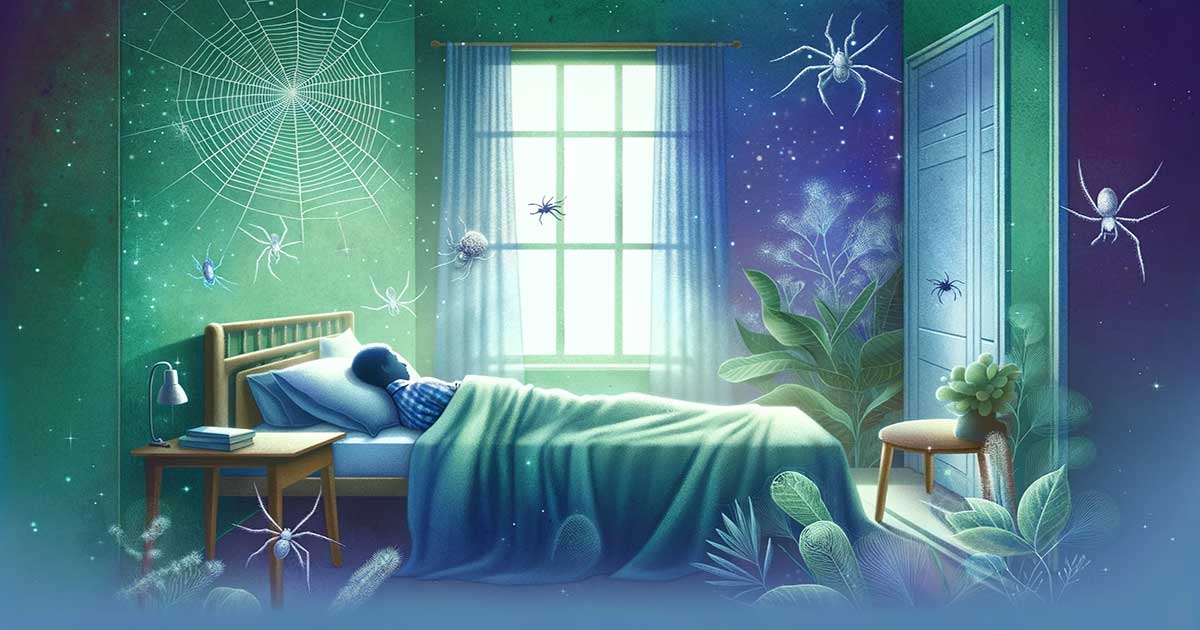
The widespread belief that people unknowingly swallow many spiders during sleep each year is a myth. In reality, spiders rarely come into contact with humans during their sleep, and the chances of swallowing spiders in this context are extremely low.

This article dispels the myth that hair and nails continue to grow after death by discussing the biological processes and presenting scientific evidence.
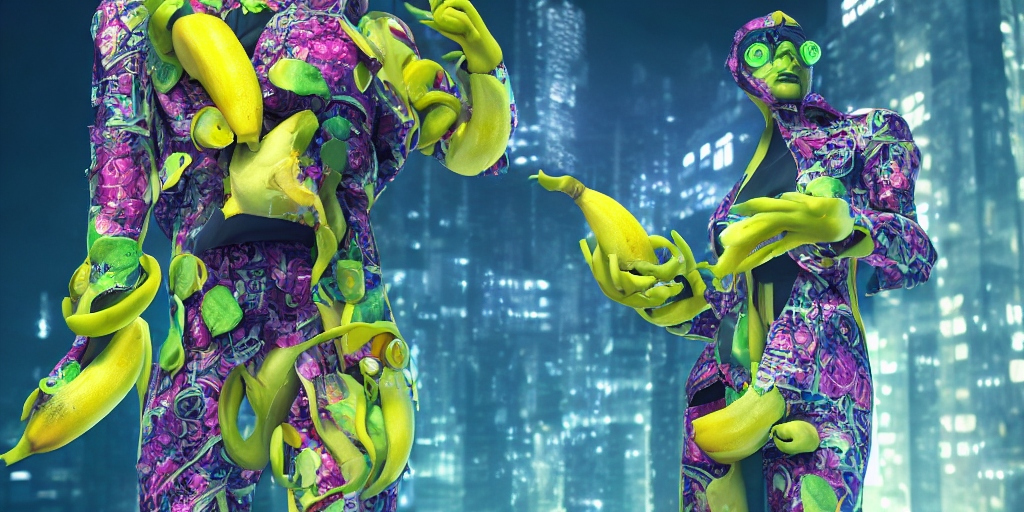
We assume humans are very different from plants. The surprising truth is that humans share around 50% of their DNA with bananas.
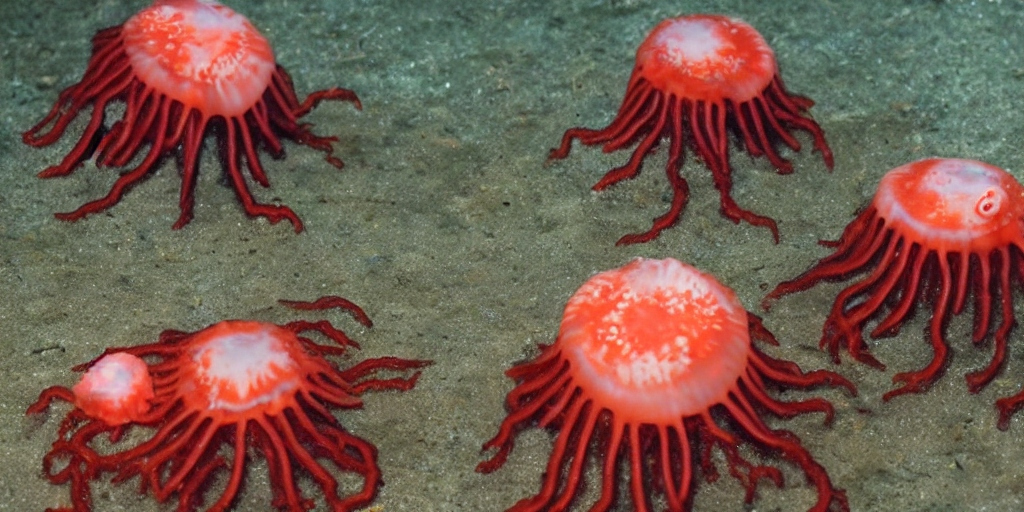
It is true that Turritopsis dohrnii, known as the “immortal jellyfish,” can avoid death from old age through a unique process called transdifferentiation.
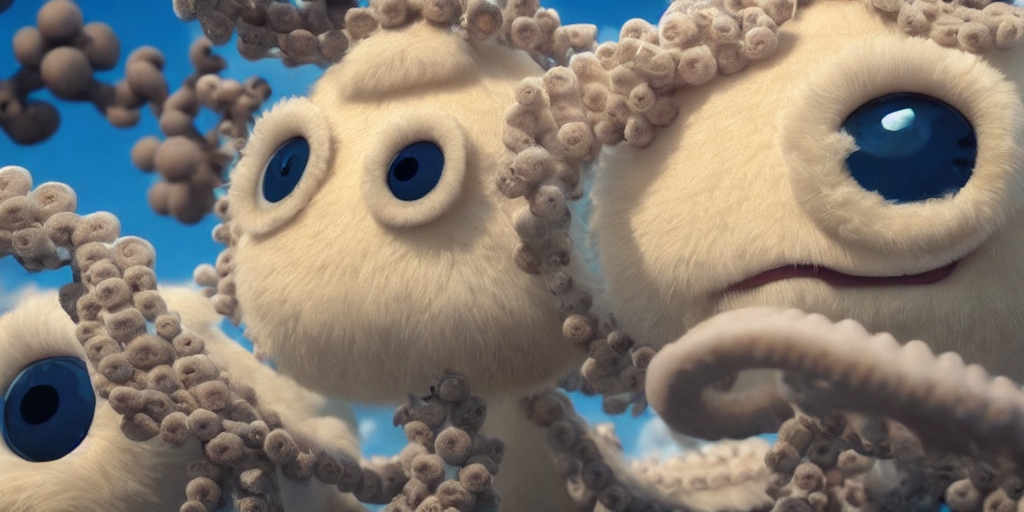
Unlike most animals, which possess only one heart, an octopus has three hearts.

The claim that cows have best friends is rooted in scientific research. Studies have shown that cows are social creatures, forming strong bonds with specific individuals in their herd.

Lightning has been a source of both wonder and fear for centuries. Among the numerous myths and misconceptions associated with this powerful natural event is the claim that “lightning never strikes the same place twice.” Nevertheless, how accurate is this statement?
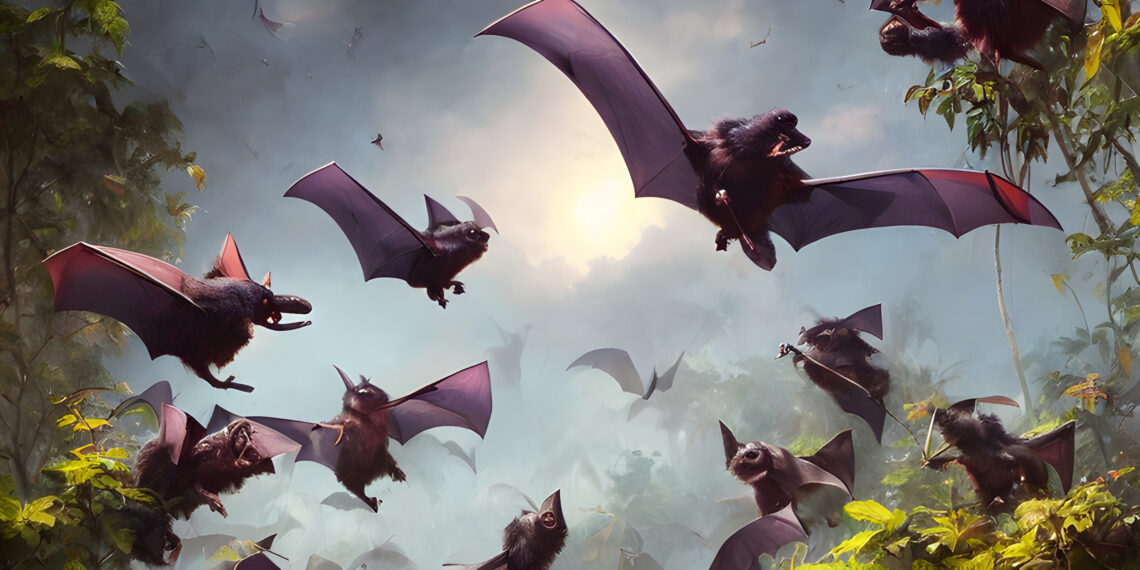
Bats are not blind. While they rely heavily on echolocation to navigate and find food, they also have functional eyes and can see.